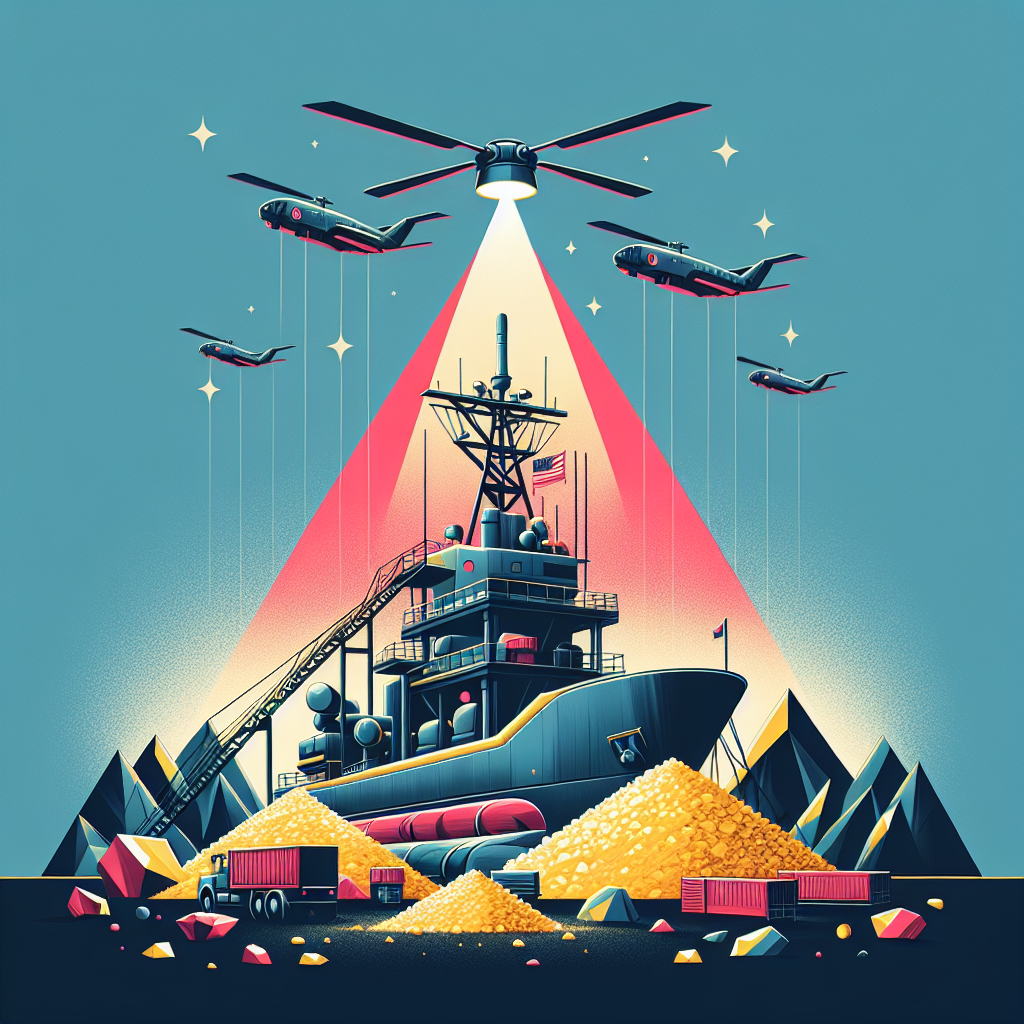Rising Defense Budgets Set to Boost Demand for Critical Minerals
As the United States steps back from some NATO commitments, European nations are ramping up their defense capabilities, triggering a notable increase in military spending worldwide. This shift is expected to intensify demand for critical minerals essential to modern defense technologies.
According to Paul Wong, market strategist at Sprott Asset Management, global defense expenditure reached approximately $2.7 trillion in 2024 and could surge to $6.38 trillion by 2035, reflecting an 8% annual growth rate. This expansion is driven by the need for advanced military equipment such as fighter jets, stealth technology, and increasingly sophisticated drone systems—all reliant on specialty metals like lithium, cobalt, nickel, copper, and rare earth elements.
Moreover, these critical minerals play a dual role beyond defense, being integral to the clean energy transition. They are key components in the manufacturing of wind turbines, electric vehicles, and energy storage systems, positioning them at the intersection of geopolitics and green innovation.
This growing demand amid potential supply constraints highlights a compelling investment opportunity. The Sprott Critical Materials ETF (SETM), which offers diversified exposure to companies engaged in producing essential metals such as uranium, lithium, copper, nickel, silver, manganese, cobalt, graphite, and rare earths, stands out as a strategic option. With holdings spanning multiple countries and market capitalizations, SETM is designed to capture growth from rising defense needs alongside the global energy transition.
Investors focusing on precious metals and related sectors should consider the long-term implications of escalating defense budgets and the evolving geopolitical landscape, which together are fueling a robust market for critical minerals—an area poised for sustained growth and diversification benefits.

Comments
Post a Comment